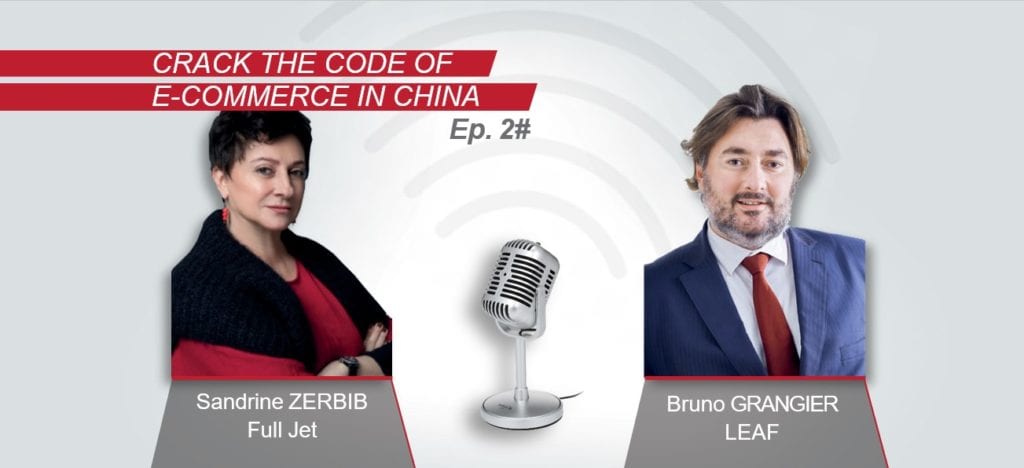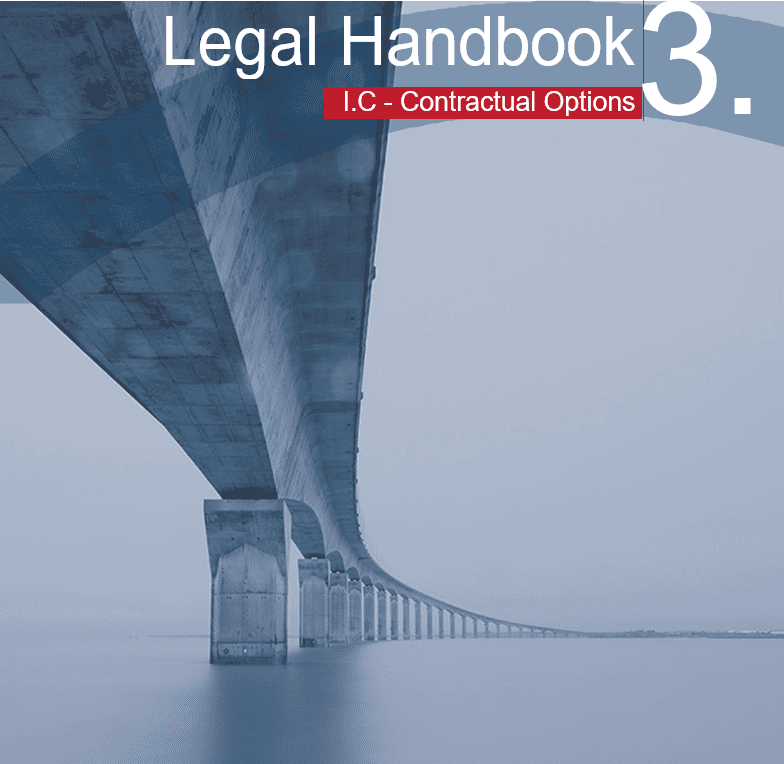How do Chinese law and French law protect Chinese Distributors in Cross-Border Agreements and business relationships with French Brands
Many European brands, particularly French, distribute their products through distributors in Mainland China. Legal complexity also increases, especially when such commercial relationship is terminated. One crucial area of concern is how Chinese distributors can use Chinese and French regulations to protect themselves from risks of sudden termination, improper contract categorization (e.g., requalification as franchising), and insufficient indemnification. This article outlines the main legal challenges brands and Chinese distributors may face under Chinese law and French Law, and provides strategies to mitigate risks.
1. The Legal Landscape: Distribution vs. Franchising – a prominent question in Chinese and French laws
One common risk faced by a European brand when its agreement with a Chinese distributor is early terminated is the claim that the relationship may be qualified as a franchising agreement. Under PRC law, franchising relationships come with specific regulatory requirements, including registration, disclosure obligations, and mandatory indemnification in certain termination scenarios. A disclosure obligation also applies to franchise agreements under French and many EU country mandatory regulations. If a distribution agreement is later requalified as a franchise, this can expose the European brand, and possibly the Chinese distributor, to legal uncertainties, fines, and unenforceable clauses.
If the foreign supplier controls pricing, marketing, branding and operational decisions of the Chinese partner too closely, a Chinese court or regulator may view the relationship as a franchise, regardless of how it was labeled contractually. The same shall apply in France in case the relationship between the parties shows the main elements of a franchise: know-how transfer, regular visits and ongoing assistance provided to the distributor and required to be followed by the latter.
Chinese courts have already reclassified relationships as franchising. As a consequence, the courts have decided to impose refunds of some pure franchising fees. And French courts adopt a similar approach, even in case of cross-border agreement. Obviously, the organization of the relationships and the related contract between the parties shall clearly define roles and independence and the brand shall avoid using language or operational controls typical of franchising. Therefore, the choice of the contract applicable to the parties ‘relationship shall be made considering cautiously the interests at stake and the related needs of both parties – together with the involvements and consequences of local mandatory regulations and case-law.
2. Wrongful Termination and Indemnification Rights Under PRC Law
Under the PRC Civil Code, a party may unilaterally terminate an indefinite-term or continuously performed contract, but only with “reasonable notice” (assessed on a case-by-case basis). This requirement exists to uphold good faith and prevent abusive disruptions to long-term partnerships.
For the foreign brand ending the agreement with its Chinese contractor, a sudden termination without sufficient notice may cause economic loss (unsold stock, unused marketing investment, etc.). Even without a formal contract, courts may recognize a long-term de facto relationship if contractual performance continued through repeated purchase orders.
If termination is abrupt or in bad faith, Chinese contractor may claim damages against the foreign brand under several legal grounds under Chinese law including (i) the compensation for actual loss and expected profit, (ii) the breach of good faith and (iii) tort liability for commercial defamation, especially if the termination harms the contractor’s reputation.
For any party, it is advisable to prepare the termination of the contract as follows:
- Gather evidence of long-term cooperation and dependency (emails, PO history, financial records)
- Document reliance (e.g., custom investments or marketing commitments).
- Assess and quantify potential losses, including lost profits and transition costs to support any indemnification claim.
- Consider pre-litigation negotiation to mitigate risk, this may include proposing transitional support measures (e.g., inventory buy-back or continued supply for a limited period) or a compensation package to avoid reputational damage and legal escalation.
3. Cross-Border Claims: the Shadow of French Law
In some cases, the Chinese partner might attempt to invoke Article L.442-1, II of the French Commercial Code, which prohibits sudden termination of established commercial relations without adequate and sufficient prior notice period (a 18-month period being a must to avoid being liable of abrupt termination) . French courts may assert jurisdiction if damage is deemed to occur in France and subject to international law principles. In that case, the distributor may be entitled to damages compensating the loss of margin arising out of the abrupt termination. The amount will depend on many criteria such as: the length of the relationship, the unamortized investment made by the distributor for the distribution of the concerned products, the percentage of the activity made by the distributor with the concerned brand …etc. The distributor will however not be entitled to such compensation in case the termination is justified by a duly evidenced and sufficient breach.
Some distributors may also try to requalify their agreement as an agency contract and obtain the protection of the related French Law if such Chinese partner can actually demonstrate that it is tasked with negotiating and possibly concluding contracts, it acts in the name and on behalf of the brand, even if such relationship is labelled otherwise. Requalification into an agency contract implies a strong protection for the agent: according to French Law, the agent is entitled to compensation for loss suffered due to the termination of the agency. The law does not state the amount of the indemnity, but French courts tend to grant a compensation equal to two years of average earnings, based on the average of the last two or three previous years. This compensation is due even if the contract is lawfully terminated, unless said termination is justified by a material breach attributable to the agent.
The risk for French brands lies in the fact they may suddenly face lawsuits in France or be pressured by Chinese distributors referring to these French mandatory legal norms (even in a PRC-governed agreement).
Diligent parties may resist to such action before French Courts or may decide to accelerate the settlement of the dispute by negotiating a out-of-court settlement. It is especially the case if they initially negotiated their agreement without clear drafting, without including a dispute resolution clause favoring PRC courts or arbitration institutions or did not keep record or did not respond in writing to all contractual actions (price changes, delivery refusals).
Conclusion: Strategic Protection for European brands and Chinese Distributors
Chinese businesses working with French brands must be legally vigilant in distribution arrangements and vice versa. Wrongful termination, improper franchising classification, or exploitative pricing practices all actual actionable legal risks under PRC and French law. By documenting business history, establishing clear legal terms, and preparing preemptive legal strategies, Chinese distributors can not only protect themselves but may also seek substantial indemnification when relationships are disrupted unfairly.
When entering into relationships with foreign distributors, brands must not overlook the risks associated with poorly drafted contracts. For French brands in particular, relying automatically on French law in their contractual documents does not offer inherent protection. On the contrary, it can sometimes lead to greater risks, such as ineffective agreements and enhanced legal protection for their foreign partners. The same strategy shall apply to the choice of competent court.
You would like to work with bi-cultural lawyers like Leaf and Linkea to strategize and define the rights and obligations of your overseas distribution partners? Feel free to contact Charlotte Mantoux (c.mantoux@leaf-legal.com) and Cecile Peskine (cpeskine@linkea-avocats.com).
This publication is for informational purposes only and does not constitute legal advice. It is based on publicly available laws and regulations.











